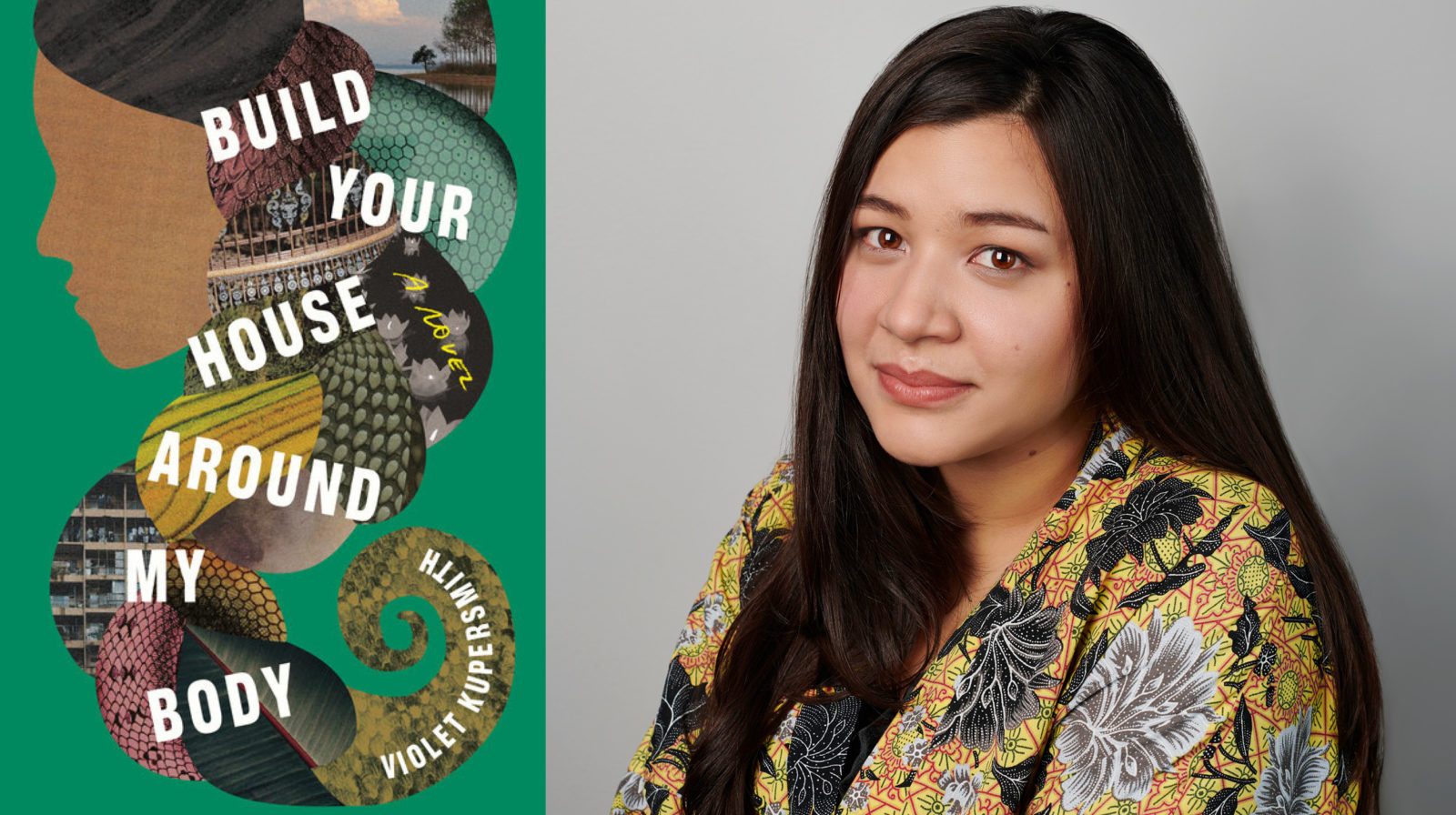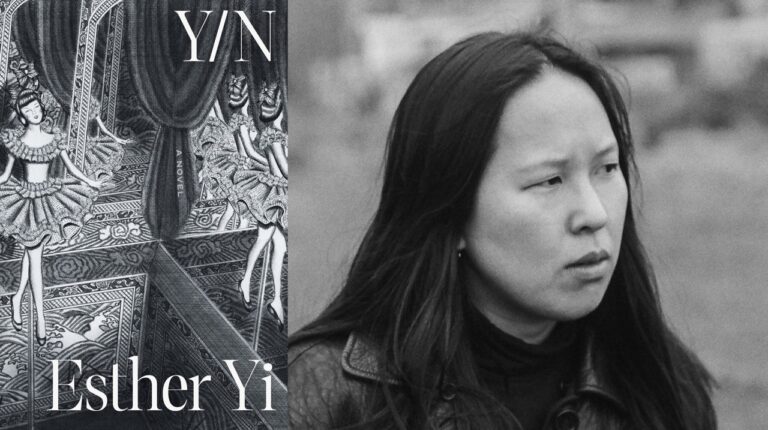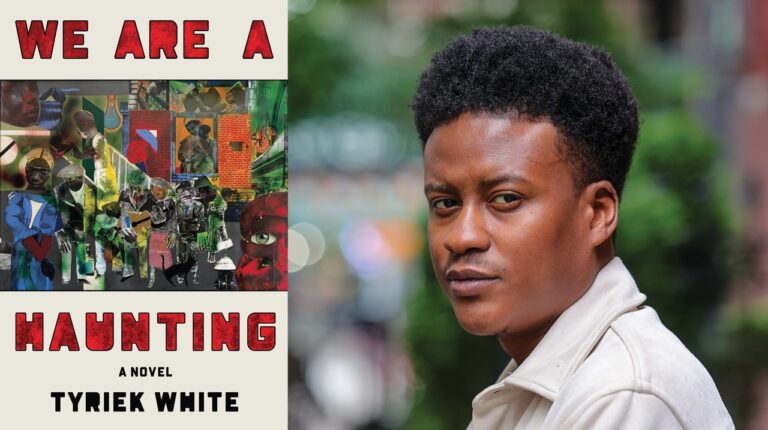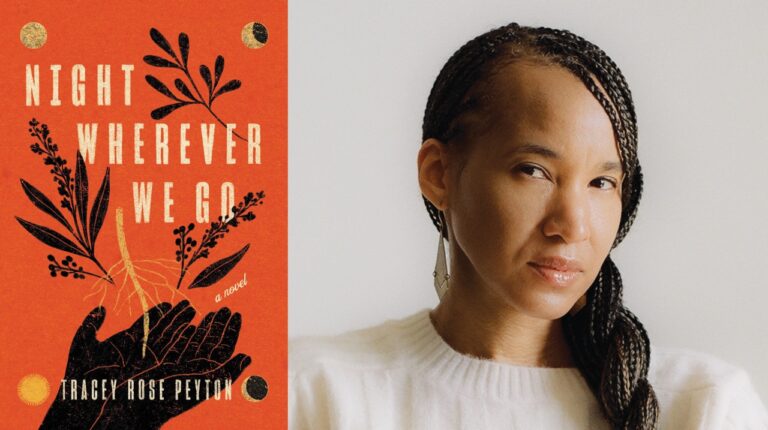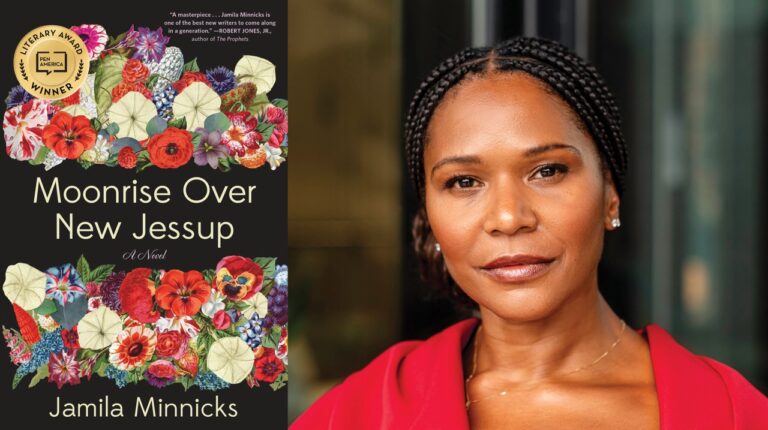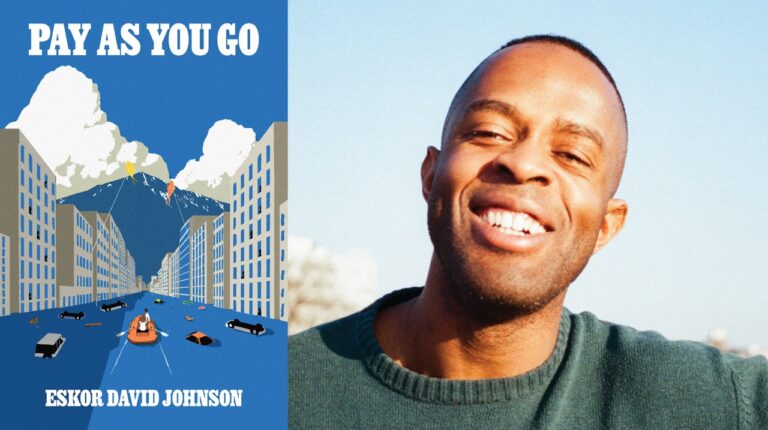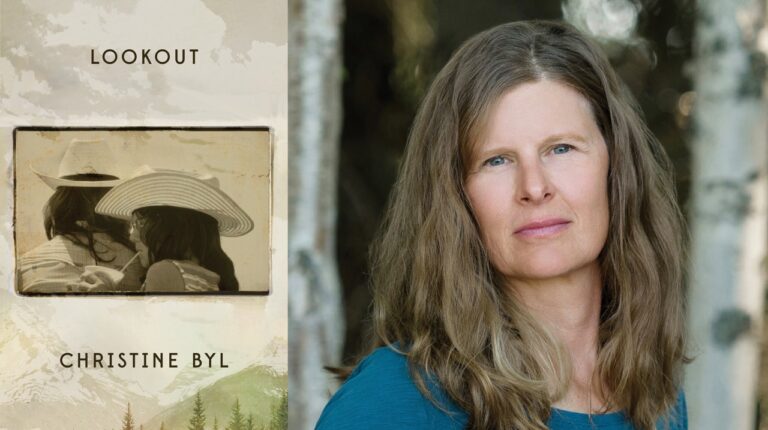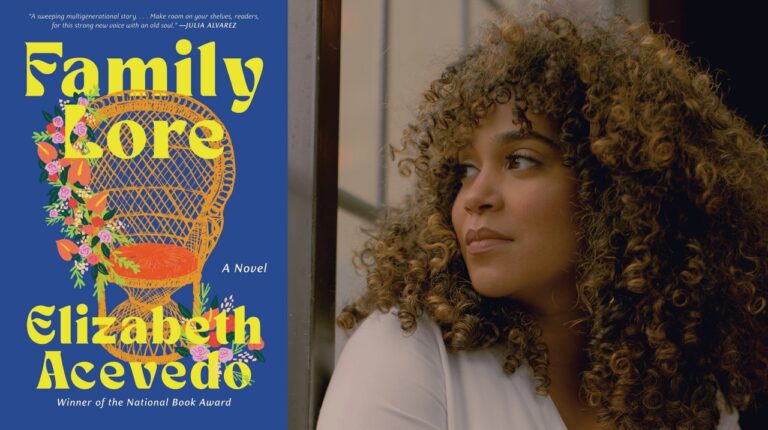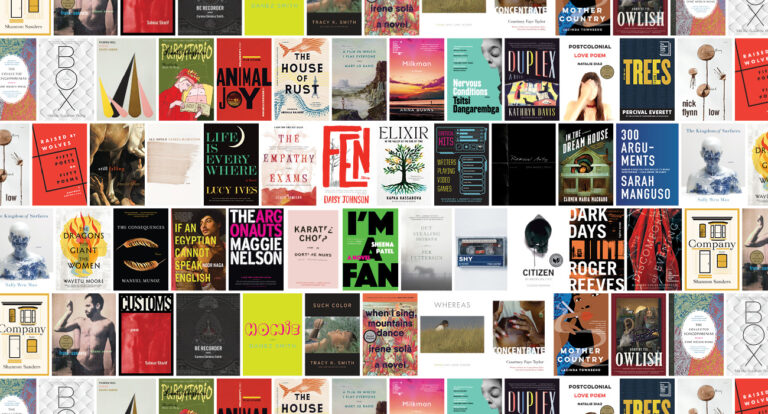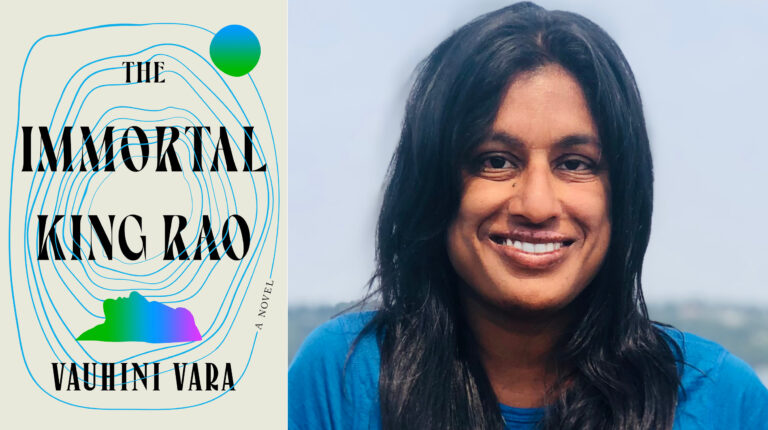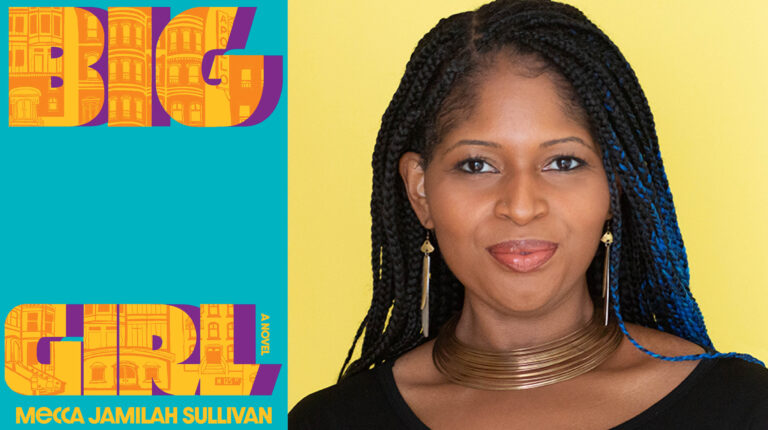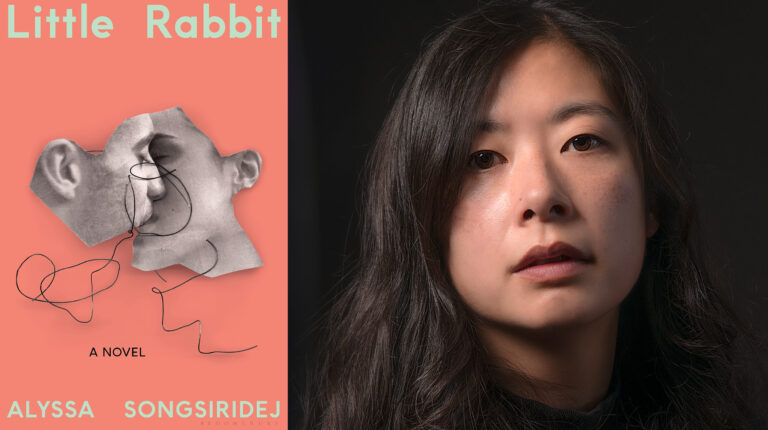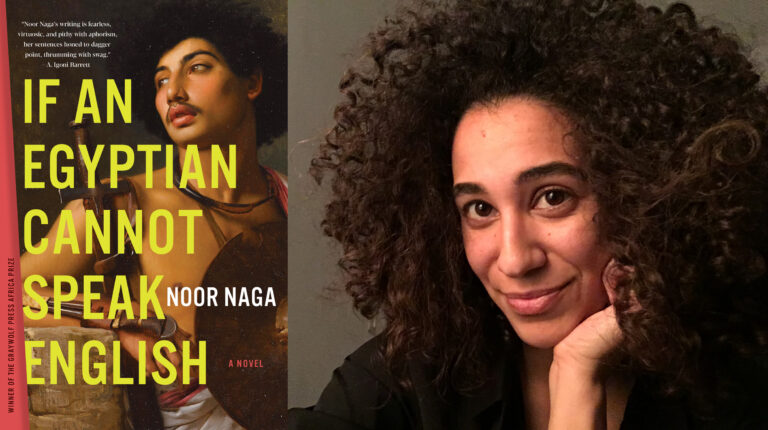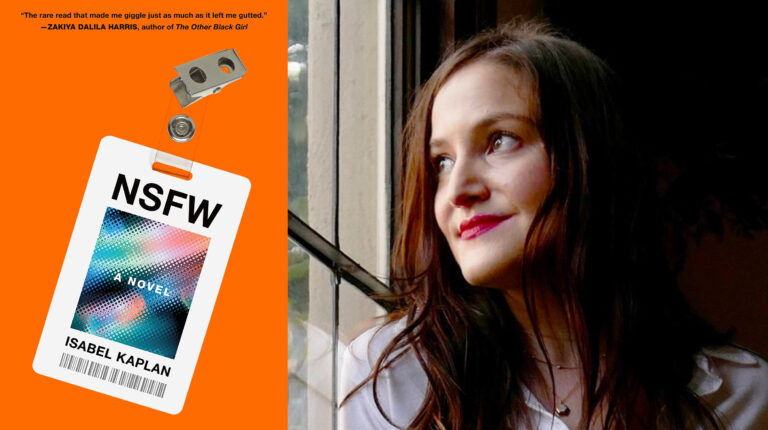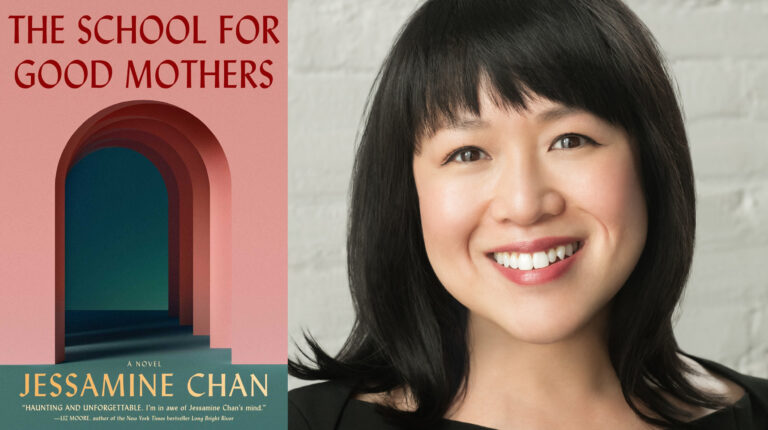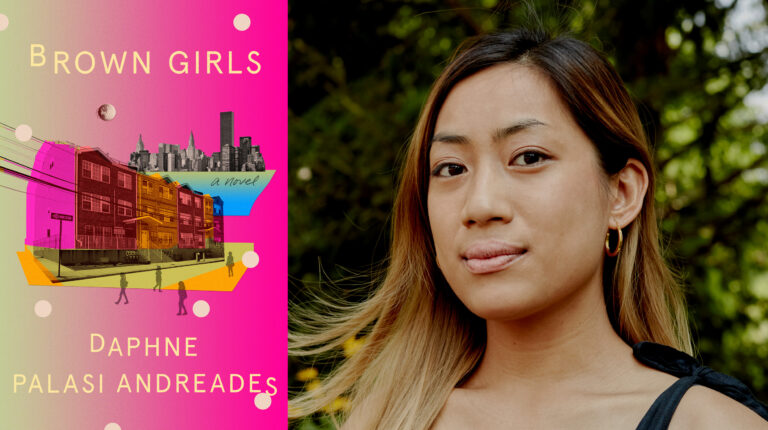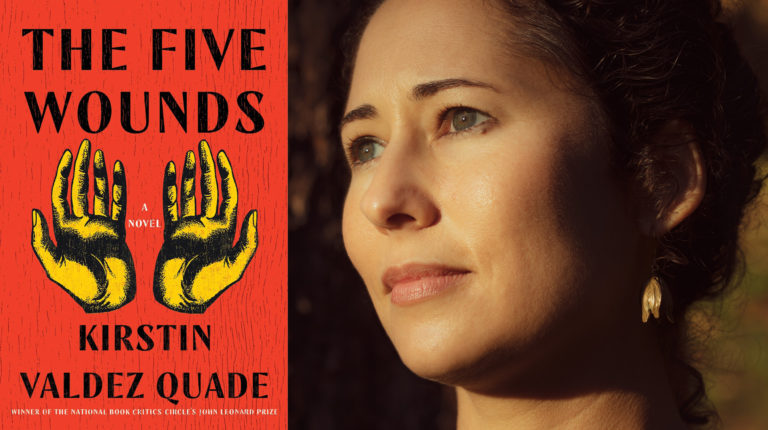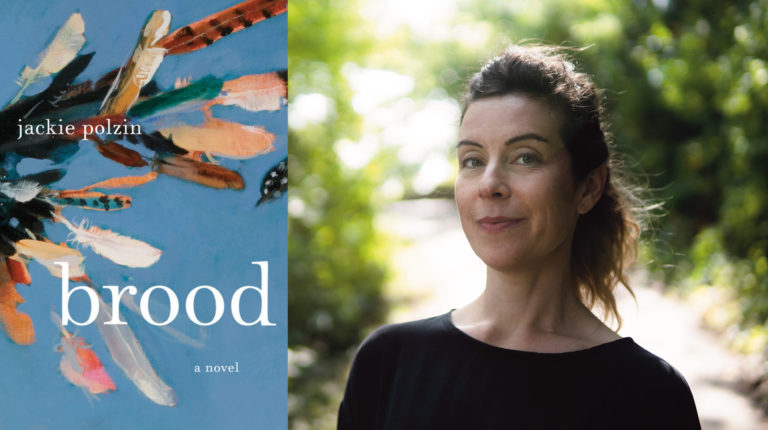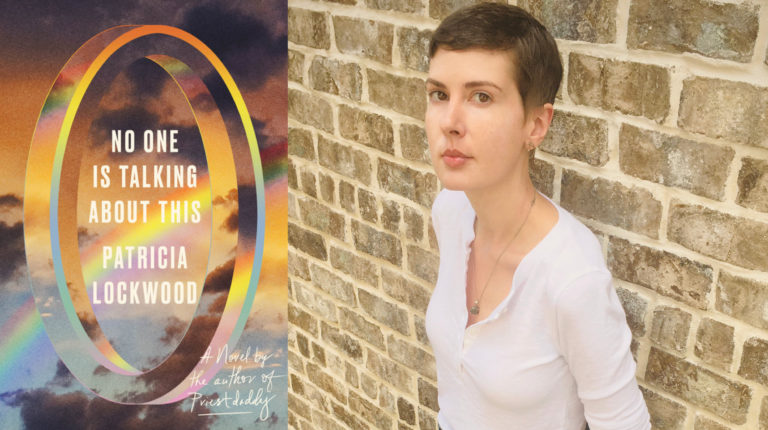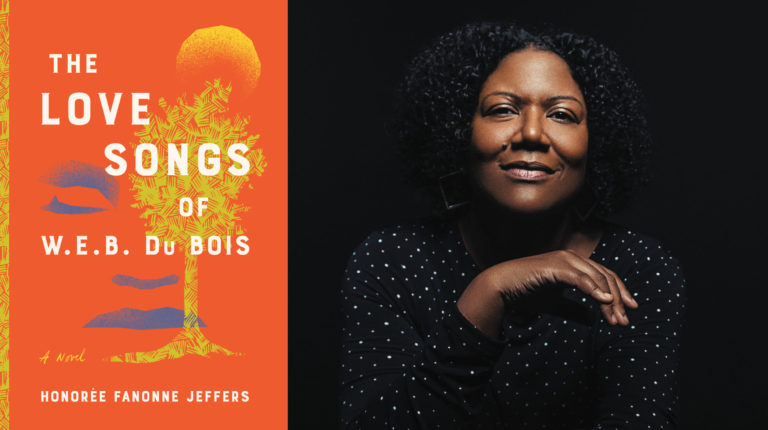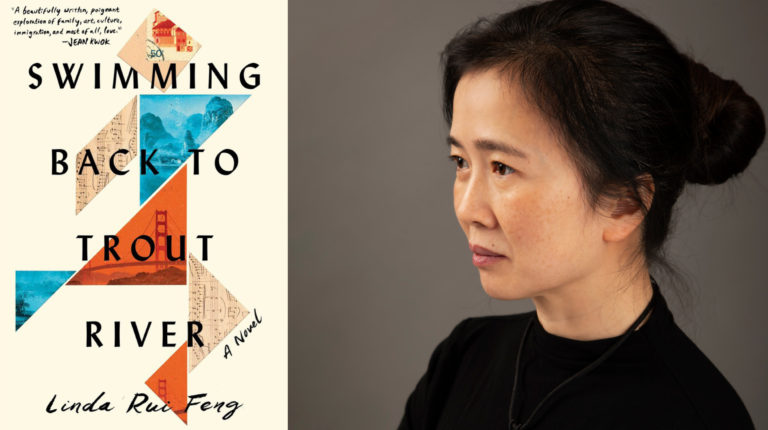Scott Williamson, Café and Bar Manager, interviewed Violet Kupersmith, author of Build Your House Around My Body, in celebration of being shortlisted for the 2021 First Novel Prize. Part puzzle, part revenge tale, part ghost story, Build Your House Around My Body spins half a century of Vietnamese history and folklore into the story of two young women who go missing decades apart, linked together by the history of possessed bodies and possessed lands. Each new character and timeline brings the reader from colonial mansions to ramshackle zoos, from sweaty nightclubs to the jostling seats of motorbikes, from ex-pat flats to sizzling back-alley street carts as they come one step closer to understanding what binds them all.
What was the first seed of the idea for this book? What couldn’t you stop thinking about that led to creating this story?
I like that you used the seed metaphor because I do think this is kind of a tree novel. I think that the roots coming out of the kernel started before I even thought I was writing a novel. After I graduated from college, I moved to southern Vietnam and I spent a year teaching English. After that was over I thought, “I guess I’ll stick around and write a novel,” and since I was 23 I went into it without a plan and just waited for the novel to bite me. I was actively running around Vietnam looking for novel inspiration and amassing misadventures and following weird ideas about snakes and spirits, and honestly just talking to a lot of people about ghosts. It’s a wonderful ice breaker. My Vietnamese isn’t great so I think when a weird foreigner asks you if you have any good ghost stories you’re kind of free to chat. This strange tangled novel emerged from all of my story hoarding and ghost hunts and wanderings over the course of the following few years.
I love that because reading this novel felt like I was on that same kind of path of wandering and discovery. As you were building the story, did it come together in the order that I read it in or were there different narratives that developed in your mind and then you spliced them together?
This final arrangement was definitely a last minute clicking of things into place. Some of the storylines I did write chronologically and then some of them I was writing in reverse, but I didn’t know that I was writing them in reverse at the time. I don’t recommend that as a planning structure, but it is a time-bending book so it does make sense to me that I ended up writing it in this weird “time is a flat circle” spiral. The book is about how the past is never really dead, how everything exists on this extended plane, so the wacky timeline was informed by that. I love, I think it was Zadie Smith, who has a great metaphor about how story architecture is like building an actual house. Some people come in and build a house from the ground up and some people just move the furniture around a house that’s already built forever. I don’t know where Build Your House falls into the housebuilding metaphor. I thought I was building a very different house for a long time. I should not be an architect.
This book kept me up at night, not because it was spooky—although it was frightening at times —but because I couldn’t stop reading it, and the book is also infused with insomnia. There are characters who are running from sleep or suffer from a lack of sleep. Were you a late night writer on this? What were your writing habits like?
I have always been a night writer. When I’m writing well I’m doing everything else terribly in my life. It’s something that started in college; the witching hour is always when the magic happens. At 9:00 p.m. something clicks on and if it’s going well you have to follow it even if it’s up until 3 in the morning, which is annoying. Maybe in the future if I’m writing something that is less ghosty I’m going to be someone who wakes up and goes for a run and then sits and writes for 4 hours, but I’m trying to scare myself a little when I’m writing. To me it always felt like a form of possession. When you’re writing well it’s like something else has just entered your body and is moving you, and that’s mirrored literally by what happens in the novel and what I hope is creeping out and possessing the reader.
You’ve also published a collection of short stories. Did you approach writing those in a similar way?
When I was writing the stories for that collection I didn’t really think they would get published. That’s something I’ll never be able to do again, writing in that baby writer space again where I never thought anyone else would read them. So, when I was writing the novel, which I’d never done before, I felt a bit paralzyed by all of the imaginary eyeballs looking over my shoulder trying to give me pointers. I’m sure each book will be different.
I can’t wait to read what you do next. Do you have anything in mind?
After I wrote the ending of Build Your House—which I didn’t think was going to be the ending, but I really like my ending even though I’m not sure that a lot of people do— I thought, “We’re going to do something really simple next, Violet.” But, the more I started letting myself think about what another book could look like I have this horrible urge to do something even more complex. I know already I shouldn’t, but I can’t help it. I’m drawn to some kind of horrible helix structure. It’s just too enticing. Why not?
It comes through so clearly that you love it! I saw that David Mitchell interviewed you about this book, and you mentioned Zadie Smith earlier, and both of them are practitioners of that helix structure of casually moving between location and space and time.
I don’t know who at Random House blackmailed David Mitchell into talking to me. It seems unfair that someone so talented is also the nicest person in the world; he was so charming and lovely. That was the launch event for my novel, and so it was this huge interview with my hero but there was a freak thunderstorm that knocked out the power in my town. I lost internet and the bookstore lost internet, and poor wonderful David Mitchell in Ireland just continued to casually talk and read from my book for 20 minutes while I tried to get a ride to the library with my laptop. I ran into the library and I was waving a copy of my book at them like, “I wrote this! I have to go talk to David Mitchell! And I don’t have internet!” They were like, “Okay, local eccentric, we’ll tell everyone you’re talking to David Mitchell.” I finally got back online and I was shaking and wonderful David was like, “Oh, now we will continue talking!” It was the most surreal thing, it took ten years off of my life.
I can’t believe that happened, especially with this particular novel.
I was convinced it was a ghost who hated my book and was waiting for their chance to strike.
Something that struck me was that your novel is kind of like an album with different tracks that you put together.
One of my favorite things to ask other writers is, “What did you listen to while you were writing your book?” Writers either have to listen to music or they can’t listen to anything at all.
Where do you fall?
I have to listen to music otherwise I get distracted by my own brain. I like to listen to either instrumentals or things that aren’t in English so I’m not typing the lyrics accidentally. I can’t remember what movie soundtrack it was, but I did a lot of creepy movie soundtracks. Korean hip hop, which the algorithm fed me. I went through a weird witch house phase. I do keep a record of it, I have a book playlist for each of my books.
Considering that I’m the Café and Bar Manager, I couldn’t help but notice that coffee shops were all over Build Your House. The characters are hiding out in coffee houses or visiting coffee shops, and the Saigon Ghost Eradication Company is in the back of a coffee shop. Did the coffee culture in Vietnam influence your book at all? Do you do any writing in coffee shops?
I love the old school Vietnamese coffee shop culture; the little drip coffees into condensed milk, old men on a street corner, that’s my favorite kind. It’s very affordable. You can drink like 40 cups of coffee a day if you want. When I was in Vietnam I was drinking way too much coffee. I felt more comfortable lurking there than in American coffee shops. I’m not great at cafes where everyone has their laptops because I get distracted looking around to see who’s more focused than me. I felt more free to work there.
It was coffee shop central where I lived. It’s a chillier climate so everyone is in a cardigan sipping something hot. I did actually base Cafe Max after this one coffee shop where I lived called Cafe Maria, which goes back to that question about the seeds of the novel because this was 3 or 4 years before I started writing. It was this big weird place with this sketchy owner who was maybe in the mafia and would patrol the premises in his undershirt. There’d be old men watching soccer and there was this giant painting on the wall of this naked lady and a snake, but there were always kids around too. It lodged into my mind and was the creepy seed of this book. I also think writers are generally creepy people who are just harvesting things for them to use, and the coffee shop is the perfect place to find your prey as you’re observing all the goings on.
Featured Book
-
.
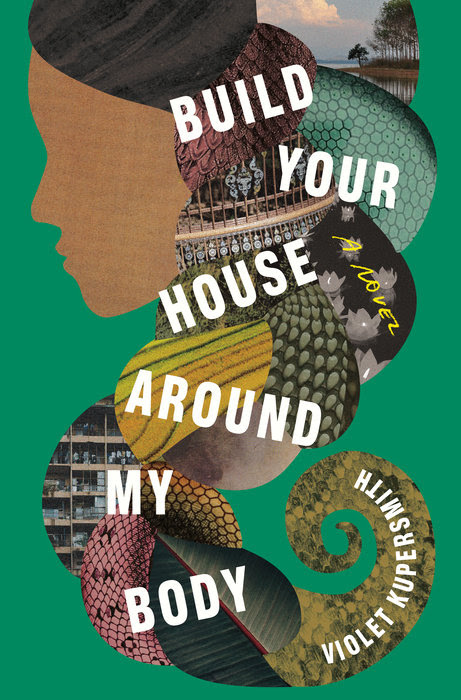
Build Your House Around My Body
By Violet Kupersmith
Published by Penguin Random House / Random House
Part puzzle, part revenge tale, part ghost story, Build Your House Around My Body spins half a century of Vietnamese history and folklore into the story of two young women who go missing decades apart, linked together by the history of possessed bodies and possessed lands. Each new character and timeline brings the reader from colonial mansions to ramshackle zoos, from sweaty nightclubs to the jostling seats of motorbikes, from ex-pat flats to sizzling back-alley street carts as they come one step closer to understanding what binds them all.
About Violet Kupersmith
-
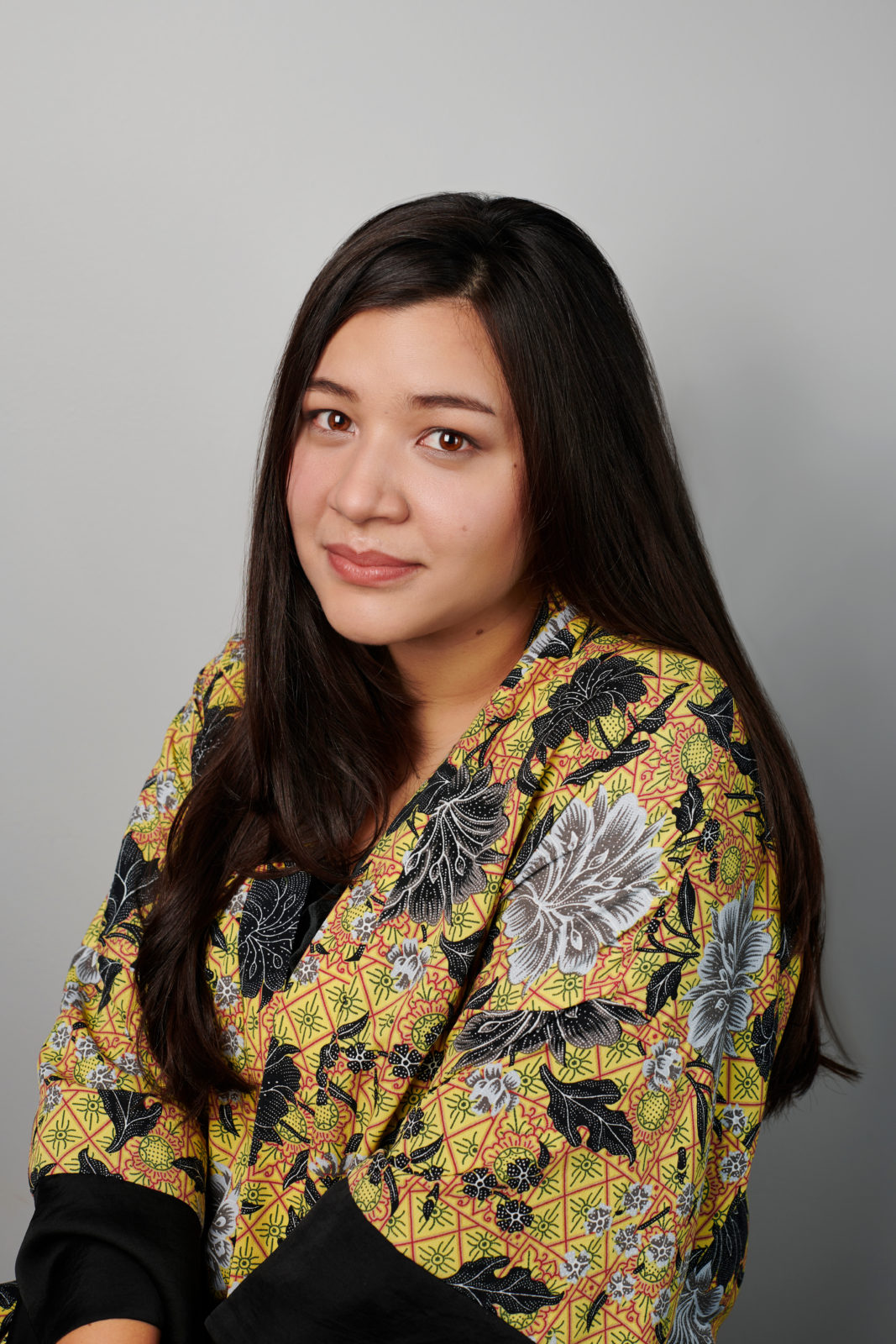
Violet Kupersmith
Violet Kupersmith
Violet Kupersmith is the author of the short story collection The Frangipani Hotel. She previously taught English with the Fulbright program in the Mekong Delta and was a creative writing fellow at the University of East Anglia. She has lived in Da Lat and Saigon in Vietnam, and currently resides in the United States.
Photo Credit: Adriana De Cervantes
